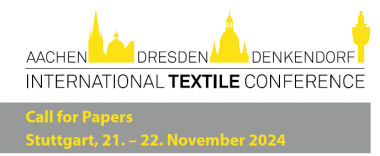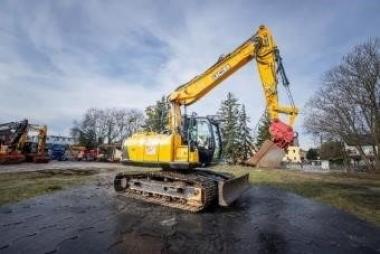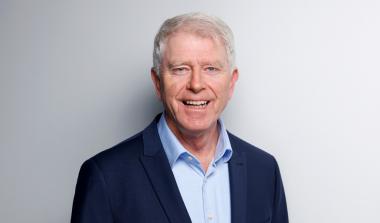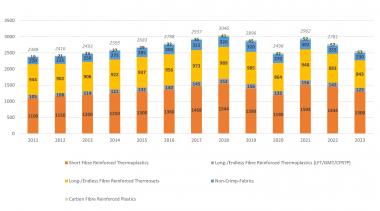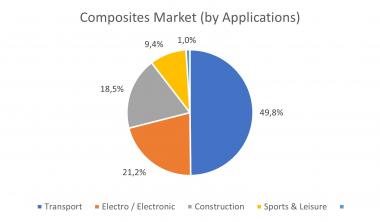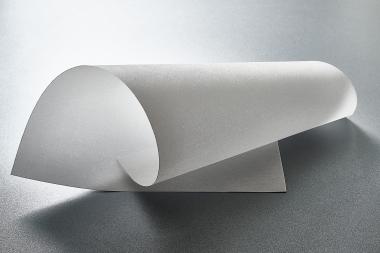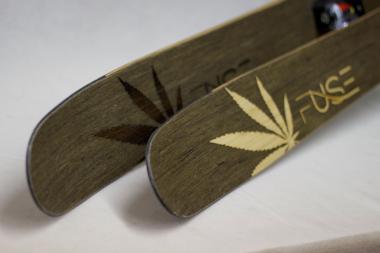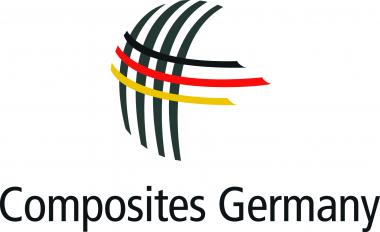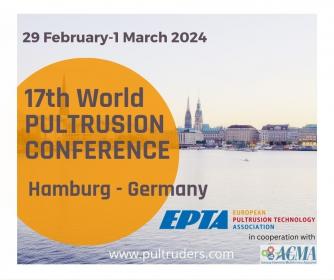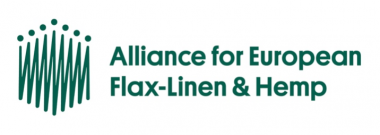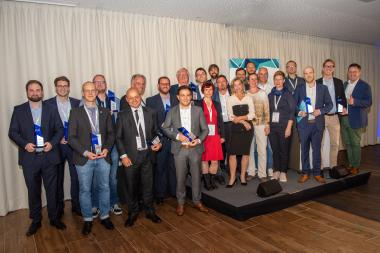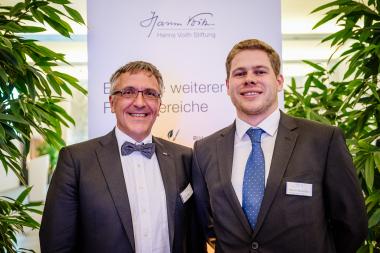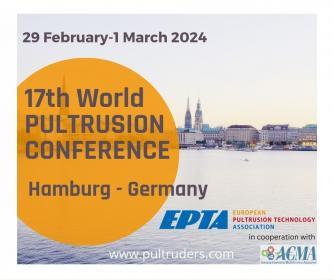Call for Papers ADD-ITC 2024
The next AACHEN-DRESDEN-DENKENDORF INTERNATIONAL TEXTILE CONFERENCE will take place on November 21/22 2024 in Stuttgart on site.
You are invited to submit abstracts for oral or poster presentations related to the following topics:
- Textile Mechanical Engineering
- Biobased Fibers
- High Performance Fibers
- Fiber Composites and Lightweight Construction
- Circular Economy and Recycling
- Medicine and Health
- Functionalization and Finishing
- Transfer Session “From Idea to Practice”
Deadline abstract submission for oral presentations: April 30, 2024
Deadline abstract submission for poster presentations: September 30, 2024
Partner countries for 2024 are Belgium, Netherlands and Luxembourg.
Deutsche Institute für Textil- und Faserforschung Denkendorf


